
THE
SENSATIONAL
 PAST
PAST 
How the Enlightenment Changed
the Way We Use Our Senses
CAROLYN PURNELL

W. W. Norton & Company
INDEPENDENT PUBLISHERS SINCE 1923
New York | London
To Betty, Johnny, Linda, and Albert.
The most fundamental things I know about feeling,
I learned from you.
We are amazed by thought, but sensation is just as remarkable.
VOLTAIRE,
Philosophical Dictionary
Given the subtitle of this book, you may have picked up on the identity of the mysterious things that Voltaire was counting, but even if you guessed correctlythe sensesVoltaires claims might still seem a few sandwiches short of a picnic. Who really cares how many senses oysters have?there, but even Scully and Mulder from X-Files would have had their work cut out with this one.
Lets not be too quick to dismiss Voltaire, though. Famous for his wit, satire, and highly caffeinated social interactionshe allegedly consumed about forty cups of coffee per dayVoltaire was far from being a crackpot. Nor was he rambling aimlessly about topics that were of no interest to his readers. In fact, he was riding the tide of a major conversational and intellectual trend of the day, and readers would have gobbled up his speculations with zeal. In the eighteenth century, which for this books purposes is the period between roughly 1690 and 1830, writing and talking about the senses were frequent practices. Authors, artists, philosophers, doctors, politicians, naturalists, and common people were fascinated by the topic, and debates about the senses, the effects of sensory experience, and the links between the mind and body filled the periods letters, literature, and thought.
Heres one quick but important example. Between 1751 and 1772, the writer Denis Diderot and the mathematician Jean Le Rond dAlembert undertook a massive project that subsequently has been considered indicative of the Enlightenments optimism, rationality, and innovative spirit. They chased the modest aim to collect all the knowledge that now lies scattered over the face of the earth, to make known its general structure to the men among whom we live, and to transmit it to those who will come after us.
This respected mathematician was far from alone in his sentiments. Talk of the senses and sensation seemed to be everywhere in the long eighteenth century, popping up in every genre imaginable. As dAlembert suggested, just about everyone seemed to agree that the senses were the key to knowledge and meaningful conversation. Novelists and poets dove headfirst into the emotional world of sensory feeling through the concept of sensibility, which you may know from Jane Austens novel Sense and Sensibility. New theories of the brain and nervous system abounded in this era, replacing older ideas of sensation and perception, and physicians were increasingly fascinated with the relationship between physical stimuli and mental processes. Inventors and naturalists used theories of the senses to create delightful new machines like the perfume organ. And lets not forget all the sensory changes that were occurring in daily life: the invention of new pigments and dyes, which radically expanded the color palette for clothes, homes, and art; the spread of new foods, spices, and drugs, thanks to larger trade networks and colonial expansion; and the creation of new perfumery techniques, fragrances, and hygienic routines. All told, the eighteenth century was a period fixated on the processes of all types of perception, making it a rich era for the people of the time and the sensory historian.
This book will delve into the sensory worlds of the eighteenth century, exposing how people in the past thought about the senses, what cultural values they attached to different sensations, the various ways that they used their senses, how they perceived new sensory experiences, and how they tried to manipulate the senses through science and medicine. Each of the ten chapters presents a different episode in sensory history in the eighteenth or early nineteenth century. In these pages, you will encounter the tobacco enema, the fad for wearing prince poo, and a dinner party that took place in the belly of an iguanodon. Youll learn why, in the 1860s, British cats were eating salted elephant meat while their owners ate rotten panther. In short, youre going to encounter some interesting characters, quirky practices, and what might seem like deeply weird beliefs. But, as you will see, they were all completely reasonable for their time. You might even say that they made perfect sense....
Part of the joy of history is trying to figure out how and why the worlds of the past were different from our own, but one also finds elements that seem quite familiar. Some eighteenth-century educational reforms sound remarkably like reforms circulating today. Eighteenth-century perspectives on disability will also resonate deeply with modern initiatives, and indeed, may even furnish valuable new insight on how to think about physical and sensorial differences. Certain elements of consumer culture, the prevalence of dietary fads, and certain medical trends also bear a direct relationship to our current culture. The past may be a foreign country, but it is not a wholly different world.
While the importance of the senses did seem to be indisputable in the eighteenth century, suffice it to say that everything else was highly disputable. Philosophes, in particular, were always ready to debate, argue, and critique. The philosophe was a key cultural figure of the era, and while I will often refer to philosophes in this book as philosophers, its a term that doesnt quite do them justice. In the eighteenth century, philosophy was more about a general approach to living than the development of a set of esoteric, heady principles. To be a philosophe, it was important to engage, critique, and to be part of a never-tiring intellectual public. Alternately called the Republic of Letters, the Enlightenment social world was connected through publications, oral In the eighteenth century, the separation between intellectual disciplines and genres was much looser than it is today, and the fluidity of such boundariesor truly, their nonexistencemeant that the philosophe resembled a Renaissance man much more than he resembled a modern-day philosophy professor. Denis Diderot might have been one of the founders of the Encyclopdie, but he also wrote treatises on medicine and science, critiques of art, a novel that involved sadomasochistic nuns, a deeply philosophical set of dialogues that involved wet dreams and spiders, and an allegorical novel about a sultan who owned a magic ring that could make womens genitals talk. Thats quite an ambitious intellectual range.
Peter Gay, one of the most noted historians of the Enlightenment, has called the philosophes a loose, informal, wholly unorganized coalition of cultural critics, religious skeptics, and political reformers from Edinburgh to Naples, Paris to Berlin, Boston to Philadelphia, who made up a stormy family and a clamorous chorus.and better education. While I dont deny that any of these themes appear in Enlightenment writing, I tend to think of the period as much more complicated. Conservative and radical philosophical perspectives coexisted, and neither was more or less enlightened than the other. In salons, coffee shops, and other social spaces, religious figures met with deists, and Catholic natural philosophers met with atheists. Nobles who dedicated their downtime to literary pursuits joined the fray of Enlightenment print culture alongside down-and-out journalists, and common folk had the chance to rub elbows with hoity-toity spectators at public science demonstrations on the streets of Paris. Even though ideas were freely communicated across national borders, the common sense approach of the Scottish Enlightenment had rather a different tenor than the Enlightenment principles in the
Next page
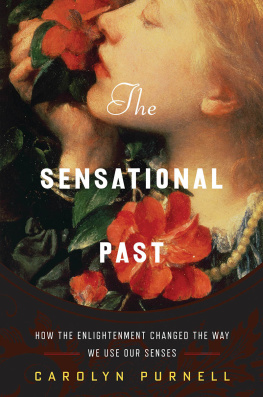

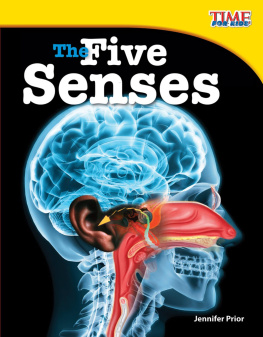
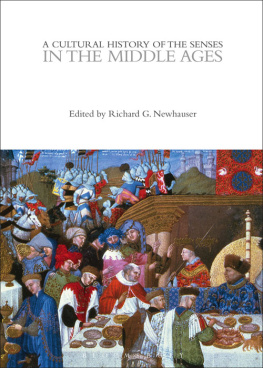
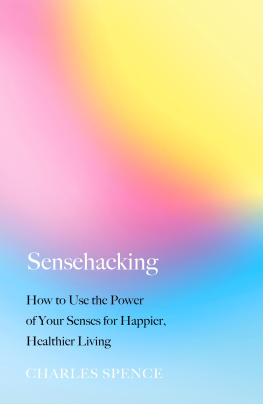
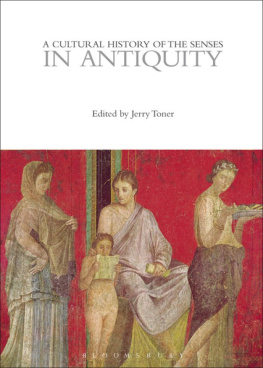
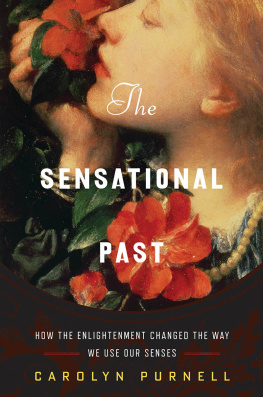

 PAST
PAST 
